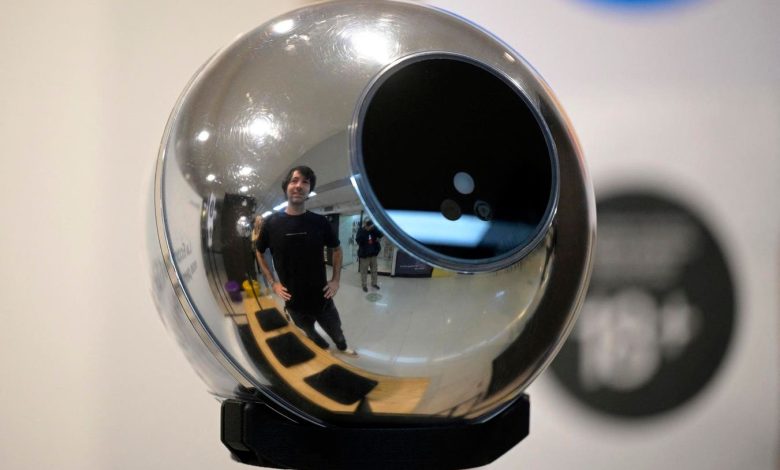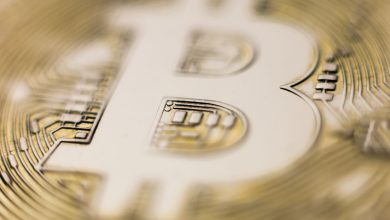World Network Illustrates Complications Of AI-Crypto Partnerships

World Network (formerly WorldCoin) highlights the struggles of AI-crypto integration
World Network, the project co-founded by OpenAI CEO Sam Altman, has been the focus of controversy, debate, and outright doubters since initial launch in July 2023. With investigations having been launched in nations that include India, Couth Korea, Italy, Colombia, Argentina, Portugal, Keyna and Indonesia, as well as bans in Spain, Hong Kong, and Brazil the scrutiny under which the project has operated has been intense. With iris-scanning technology used to identify and verify human users, alongside the creation and issuance of tokens native to the platform the implications of such a project have been difficult to overstate. As AI projects of all kinds have continued to attract investment and investor focus across the globe, the idea of crypto-AI integrations has continued to accelerate.
That said, the adoption of World Network at any commercial scale remains an ambition versus reality on the ground for several reasons. First and most obvious the iris-scanning component of the “The Orb” that identifies and verifies users has raised alarm amongst privacy groups the world over. Even with guarantees of destruction of this personal data, privacy advocates and legal experts continue to issue warnings and advisements to not engage with such a process. Secondly, the economic model of the tokens issued by World Network remains somewhat ambiguous, with a sluggish adoption pace working against the idea of integration the token into a world driven increasingly by AI agents interacting and conducting business with minimal human oversight.
Singling out a specific project as an indictment for an entire nascent industry is, of course, an incomplete perspective, but the ongoing saga of World Network does highlight the difficulties as the AI and crypto markets seeks to collaborate and find common ground. Let’s take a look at a few of these lessons that developers and investors alike need to learn.
Privacy Is Paramount
An issue that AI continues to grapple with is privacy, with court cases already underway with issues related to privacy, copyright, artistic creations, and other intellectual property. World Network takes the concerns and debates over privacy to an even more intense level, with the iris-scanning technology serving as an almost ready made example of corporate/institutional overreach. At the same time – after years of regulatory and legal battles – cryptoassets seem to finally be achieving mainstream adoption and understanding by investors and policymakers alike. That said, concerns around both 1) privacy coins and privacy focused crypto for illicit purposes, and 2) the difficulty in recovering stolen crypto funds due to the pseudo-anonymity at the center of many tokens continues to prove a regulatory obstacle.
Investors and institutions have only recently begun to trust and buy into crypto transactions and rails as a path forward for transactions; AI projects will need to expend similar efforts (with similar results and proof) to reassure the marketplace that user privacy is a protected priority.
Patchwork Regulation Is A Problem
Regulation around AI and AI uses cases is even more amorphous and inconsistent than regulation for cryptoassets. Even in the politically charged U.S. there is progress being made on the regulatory front for cryptoassets, and while specific measures and bills are in various stages at the federal and state level the overall outlook is positive. Contrasting this with the dearth of AI-specific legislation, or even the drafting and presentation of proposed legislation, and the challenges that face the fast-growing AI industry become clearer.
With privacy regulations existing on a patchwork basis between states in the U.S. as well as being implemented on different paces across the globe the integration of AI across different economic areas remains very much a work in progress. Financial services aside the adoption of AI in healthcare, education, and entertainment will create complications from financial, intellectual property, and privacy perspectives.
Much like how crypto adoption and utilization quickly followed once federal regulators and policymakers adopted a more consistent and standardized approach, AI-crypto projects will need a similar regulatory overhaul.
Tokenomics Must Be A Priority
Many of the painful lessons learned by crypto investors were centered around, in large part, the importance of tokenomics for establishing and maintaining a viable business plan for both the token issuer and investors, and ensuring that the business had continuity measures in case of personnel turnover. AI initiatives are facing similar issues, with World Network highlighting the importance of tokenomics for AI-driven or even AI-adjacent projects. With the tokenomics of World Network based on, at least partially, the fact that the native tokens will be freely available and easily claimed raises questions.
Although 60% of tokens have been allocated to the user community, a higher percentage than other comparable projects the lack of institutional use cases, or even large adoption by the retail market have made comprehensive analysis of the business model difficult. For example, bitcoin had already acquired large scale buy-in and adoption amongst individual and retail investors before large institutions entered the market. Subsequent price appreciation as well as the rapid deployment of on-chain products and services are a result of the long-term development of the market via retail use cases, versus any singular large project. AI projects seeking, reasonably so, to leverage the speed and 24/7 uptime of on-chain tokens, will need to emulate such an approach to ensure broad-based support and buy-in.
AI and crypto have the potential to help the other grow and develop into fully integrated business tools, but AI investors and policymakers would be well served to follow the examples set by – and avoid the pitfalls experienced – by crypto firms along the way.




